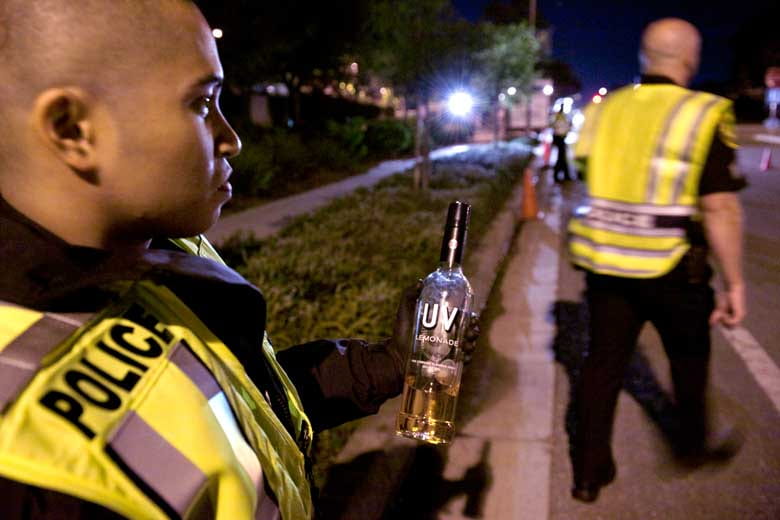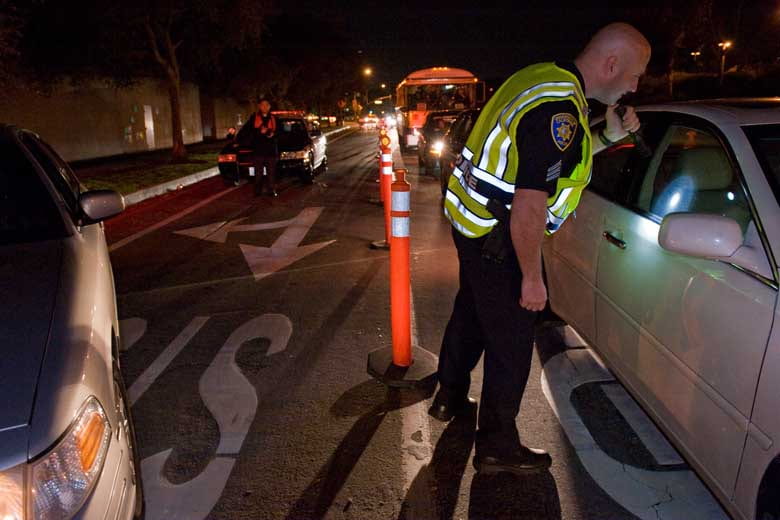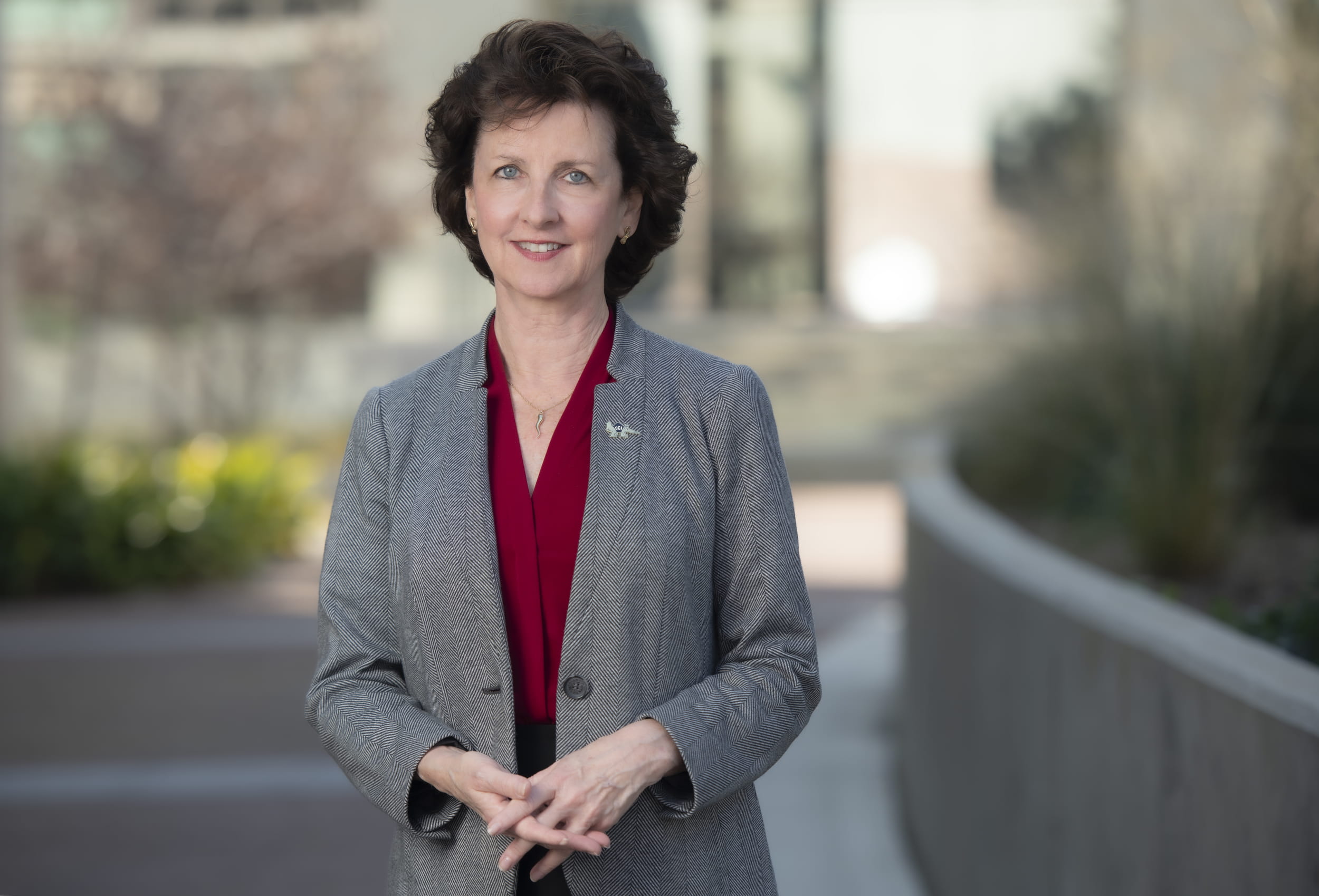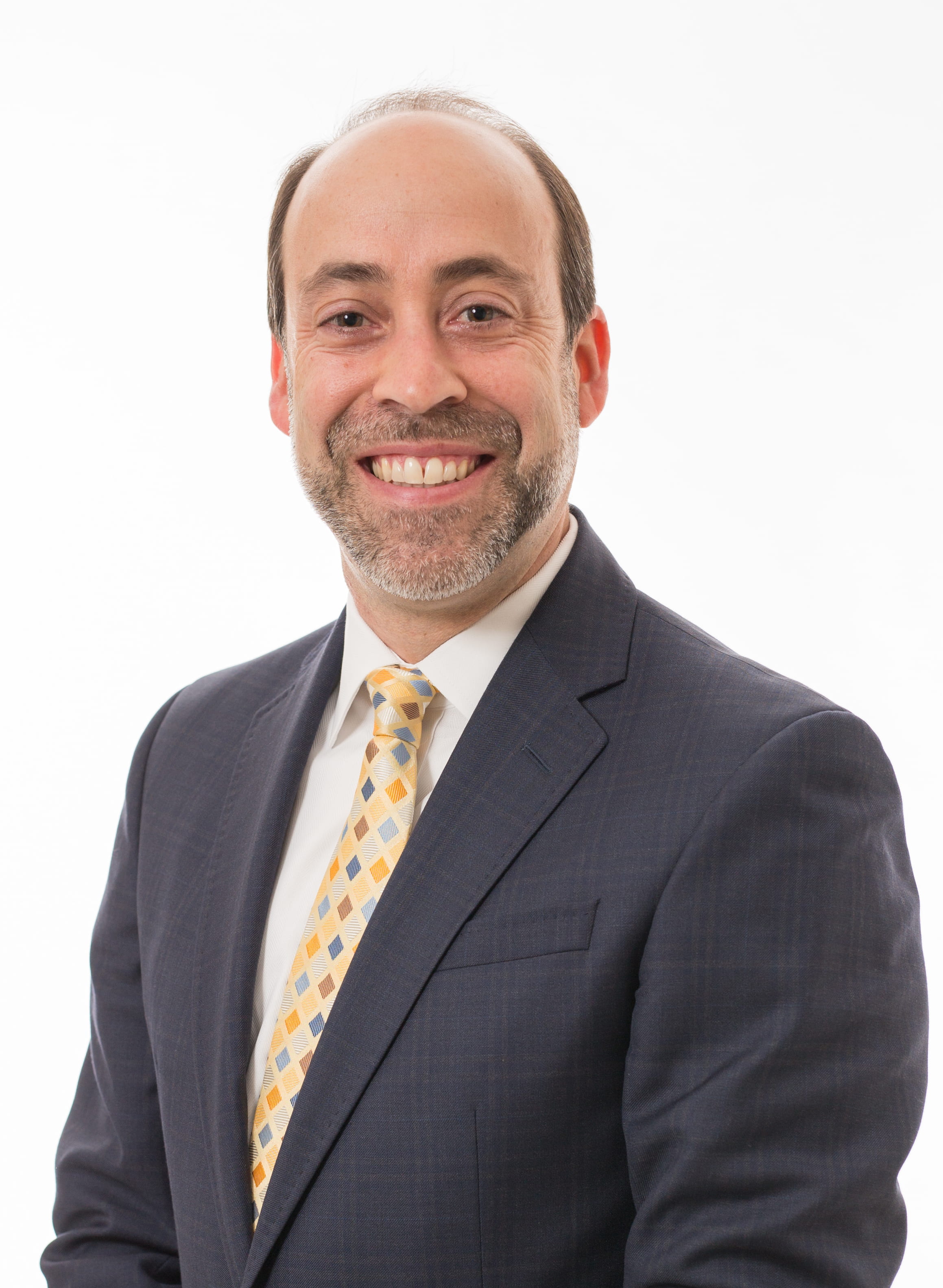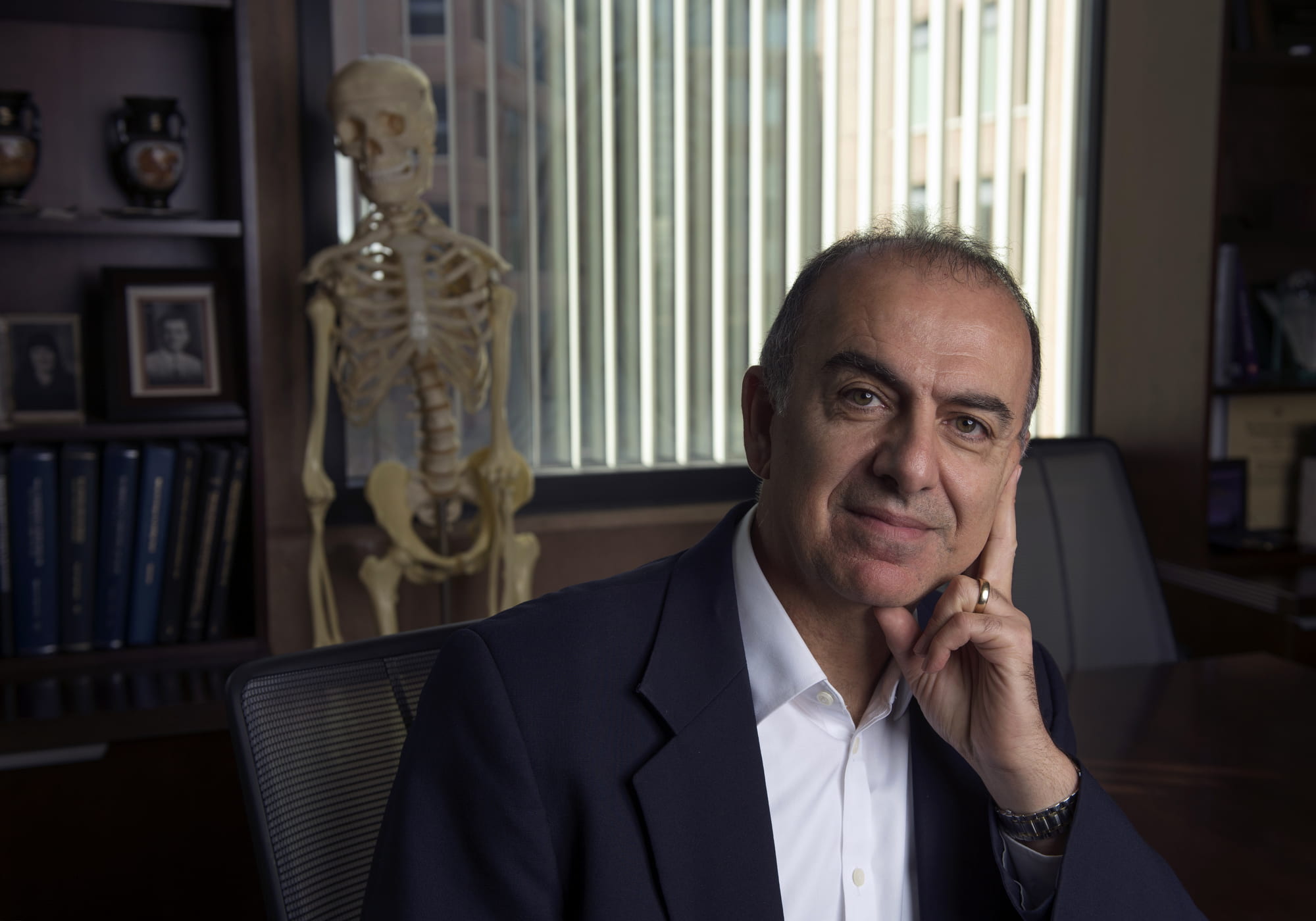Serious about sobriety
UC Irvine launches new measures to promote campus safety and prevent alcohol abuse.
Like many universities, UC Irvine has some students who engage in binge or underage drinking, driving under the influence, and other alcohol- and drug-related behaviors. And like any concerned family, it’s launching an intervention — on a campuswide scale.
To promote students’ sobriety and safety, the UCI Health Education Center and UCI Police Department have joined forces to implement the Safer California Universities grant project. Leigh Poirier Ball, associate director and program liaison at the Health Education Center; Jeff Hutchison, assistant police chief; and Sgt. Anthony Frisbee recently discussed the campus’s new prevention measures:
Q: What kind of alcohol- and drug-related issues are you trying to address?
Hutchison: We’ve had cases of binge drinking and all the problems associated with it — assaults, fights, injuries, graffiti and other acts of malicious mischief. Unfortunately, UCI also had one death — when an intoxicated 18-year-old student walked onto the 405 Freeway and was killed. If we could eliminate all injuries due to binge drinking, that would be a huge step forward.
Frisbee: Pre-parties are a serious problem. When there’s a major event like Shocktoberfest or a big game, students will drink a lot beforehand. They may not be carrying alcohol, but it’s obvious they have it in their systems. Students also drink in the dorms, which is prohibited if anyone under 21 is present.
Poirier Ball: Another area of concern is prescription drugs; students can misuse and abuse them.
Q: What is UCI doing to discourage these risky activities?
Poirier Ball: Irvine is one of 14 UC and Cal State University campuses involved in the Safer California Universities Project, which has two components — communication and enforcement. One way the Health Education Center hopes to prevent high-risk behaviors is by presenting an alcohol education program to all incoming students during the Student/Parent Orientation Program. We also have them take an online tutorial about alcohol abuse and sexual assault called First-Year Internet Required Safety Training, and this year they completed an extended online program called AlcoholEdu.
Q: What are some of the new enforcement measures?
Hutchison: In January, the UCI Police Department began conducting sobriety/driver’s license checkpoints on campus. Obviously, our officers want to get someone intoxicated off the road, but the checkpoints are primarily a deterrent. They let the campus community know our department is serious about zero tolerance. The officers also make sure drivers are carrying a valid license, wearing a seat belt and following other traffic safety rules.
In addition, the department created a program called Safe Onto Sober because we wanted a place other than jail for students legally considered too intoxicated to care about their own safety or the safety of others.
Frisbee: We sometimes find juveniles who show objective signs of intoxication — unsteady gait, bloodshot eyes, very loud behavior. They might not meet the legal criteria for being drunk in public, but they’ve been drinking.
Hutchison: With SOS, we can take individuals to a holding cell at the Newport Beach or Huntington Beach police departments, where they’re monitored for several hours while they sober up. Officers also issue an administrative citation that requires each subject to attend the Health Education Center’s alcohol education program. Before SOS, our only option was to arrest those legally drunk in public or leave them with a responsible friend or UCI housing staff member.
Poirier Ball: The program is also available to staff, faculty or any other UCI community member. If your friend or guest has had too much to drink but you don’t want to get them in trouble, you can contact the UCI police. They’ll assess whether the person needs medical attention or should be detained in an observation area. It’s not about busting people; it’s about helping and educating them. We want to keep people safe.
Q: How does the Health Education Center handle students referred through Safe Onto Sober?
Poirier Ball: Our early intervention program, called BASICS, is designed to reduce the harmful consequences of drinking. We sit down with students one-on-one and tell them, ‘If you’re going to drink, here’s what you need to know to stay safer.’ Many have no idea how little alcohol it takes to get intoxicated. They don’t know how many shots are in a bottle or what a standard drink is. It’s an eye-opener for them. The program has been shown to decrease risky behavior.
Q: What’s the long-term goal of these new measures?
Hutchison: We’ll never eliminate alcohol consumption on campus, but we can try to minimize it and keep students safe.
Frisbee: These students don’t have a lot of experience with alcohol. We’re trying to prevent them from getting into trouble so they can have a successful career here at UCI.

